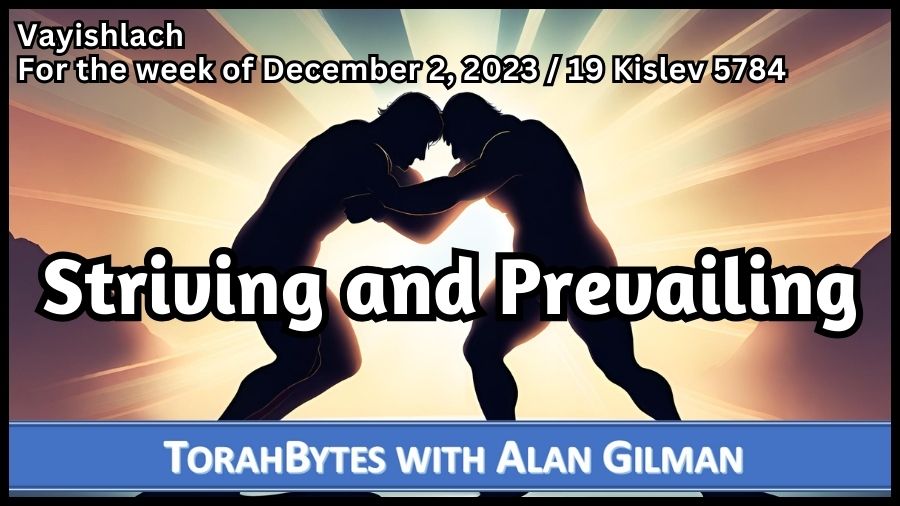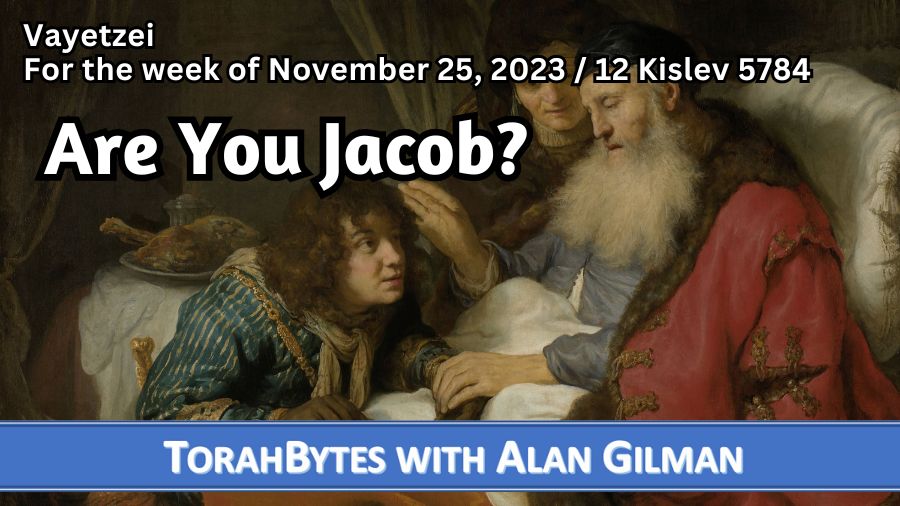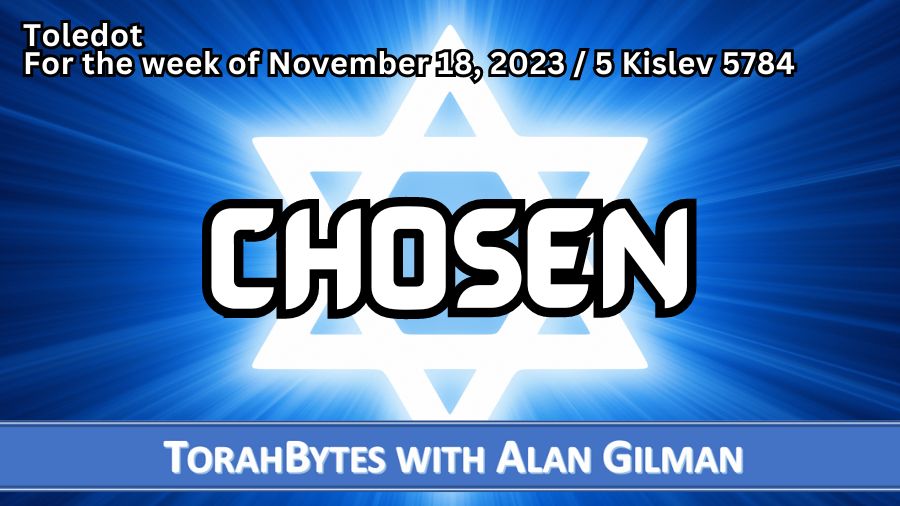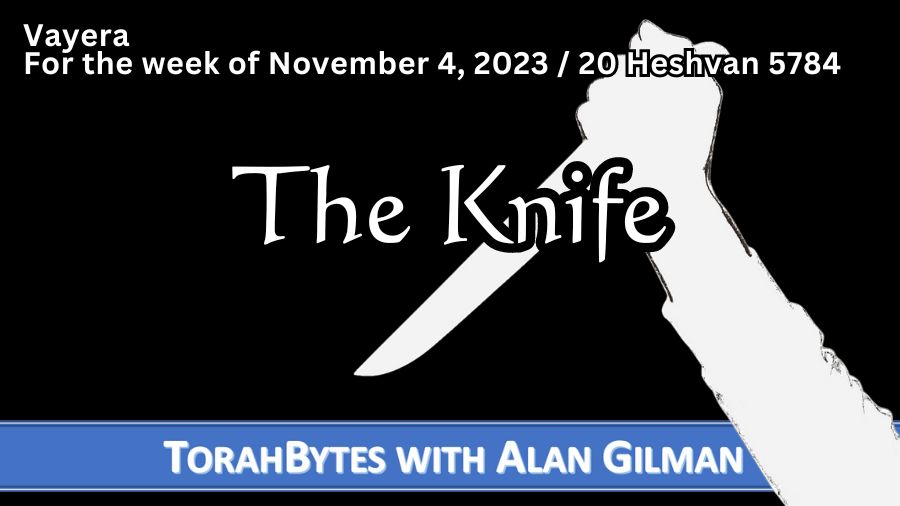For the week of December 2, 2023 / 19 Kislev 5784

Vayishlach
Torah: Bereshit/Genesis 32:4 – 36:43 (English: 32:3 – 36:43)
Haftarah: Hosea 11:7 – 12:12
And he said to him, “What is your name?” And he said, “Jacob.” Then he said, “Your name shall no longer be called Jacob, but Israel, for you have striven with God and with men, and have prevailed.” (Bereshit/Genesis 32:27-28)
On October 7 of this year, I began to see the world differently. That’s when Islamic terrorists infiltrated Israel to rape, mutilate, and kill over 1200 Jews and others, as well as take about 240 as hostages. That horrific day sent shock waves around the world. In my lifetime, I have never seen the worldwide Jewish community affected to such an extent. Neither have I witnessed this level of support for our people. Nor have I ever seen so much Jew hatred.
So much is clearer to me now, especially God’s eternal purposes in and through the nation of Israel and the forces contrary to those purposes. Among the latter is a basic inability to fully comprehend our nature and calling. God has made us “other.” The non-Jewish world will always treat us as “other,” holding us somewhere between suspicion and disdain until it grasps the divine component at work within and through us.
People can debate whether Jacob was the way he was because God chose him, or God chose him because of the way he was. In some incomprehensible way, it is likely a complex combination of both. Regardless, it seems to me that we haven’t thought enough about what God said to him during their all-night wrestling match: “Your name shall no longer be called Jacob, but Israel, for you have striven with God and with men, and have prevailed” (Bereshit/Genesis 32:28).
Striven and prevailed. Do you understand what’s going on here? Striven with God and with men and have prevailed. Think about it! From birth, Jacob strove. Never satisfied with his life position or status, he didn’t accept his place in the family, but strove for better. He strove for the birthright and got it. He strove for the better blessing and got it. After being outwitted by his Uncle Laban, he strove with him and prevailed. Striven and prevailed. And how he has been criticized for it by Bible readers and others since then. Jacob, the trickster! Jacob, the deceiver! Yet, he prevailed. But then, in the middle of the night, at his wit’s end, terrified that his brother was finally going to get his vengeance, striving to protect himself from mortal danger, Jacob encounters God. All night he strives. His opponent injures him. Still, he strives, insisting to do so until the mysterious stranger blesses him, which he does. He does so by bestowing upon Jacob a new identity. New, but not completely new, as he confirms what Jacob has been doing all along: “For you have striven with God and with men, and have prevailed.” Striven and prevailed.
Prevailed? With men and with God? Impossible! But he did. You may say that he did so only because God allowed it. Where did you read that? God himself says Jacob strove and prevailed. God doesn’t lie. He doesn’t get it wrong. God, who created the universe by his word. God, who named the day, the night, the heavens, the Earth, and the Seas, called Jacob, “Israel.” Why? For he strove with men and God and prevailed.
And since then, the people of Israel have continued to strive and prevail. Not every individual; not every time; but generally so—as a people. Striving and prevailing. Enslave them, they cry to God, who rescues them. They fail to enter the Promised Land due to fear. Some want to return to Egypt. A generation later, they acquire the land after all. Then, through their generations, their waywardness gets them into trouble, but never absolutely so. Exiled, they return. More foreign oppression. Yet, hoping for the Messiah. Messiah arrives. They reject him—or do they? A remnant, just like always, remains faithful. Not only that, that remnant takes the reality of the wrestling God into the broader world. But the world isn’t grateful. Instead, they do everything to assimilate them. But they won’t assimilate. They strive to retain their God-given identity. From anti-Jewish Church laws, to ghettos, to crusades, to inquisitions, they continue to strive. The ghetto walls come down, but the world isn’t friendly. A renewed dream to strive for—that of returning to our God-promised home. Striving and prevailing. The Holocaust threatens the dream for good. But Jacob’s children prevail. Now, after two thousand years back in the Promised Land, the striving and prevailing continues.
I imagine it is curious for some to think this way about a people who are fundamentally secular, like so many others. What relevance does the God of Israel have to the people of Israel, when he isn’t central in the lives of the majority? But that’s been the story from the beginning. Jacob himself wasn’t aware of the relevancy of God until they wrestled that day. He didn’t even know why he was wrestling, until he did. The striving and prevailing go on. And one day, we will understand.
Scriptures taken from the English Standard Version



